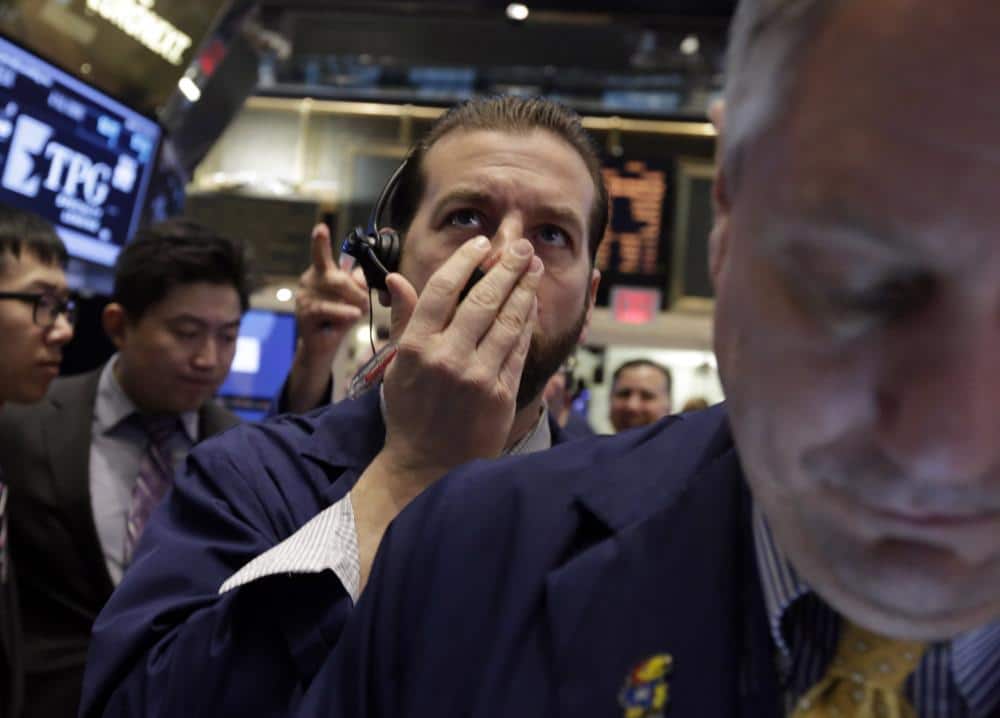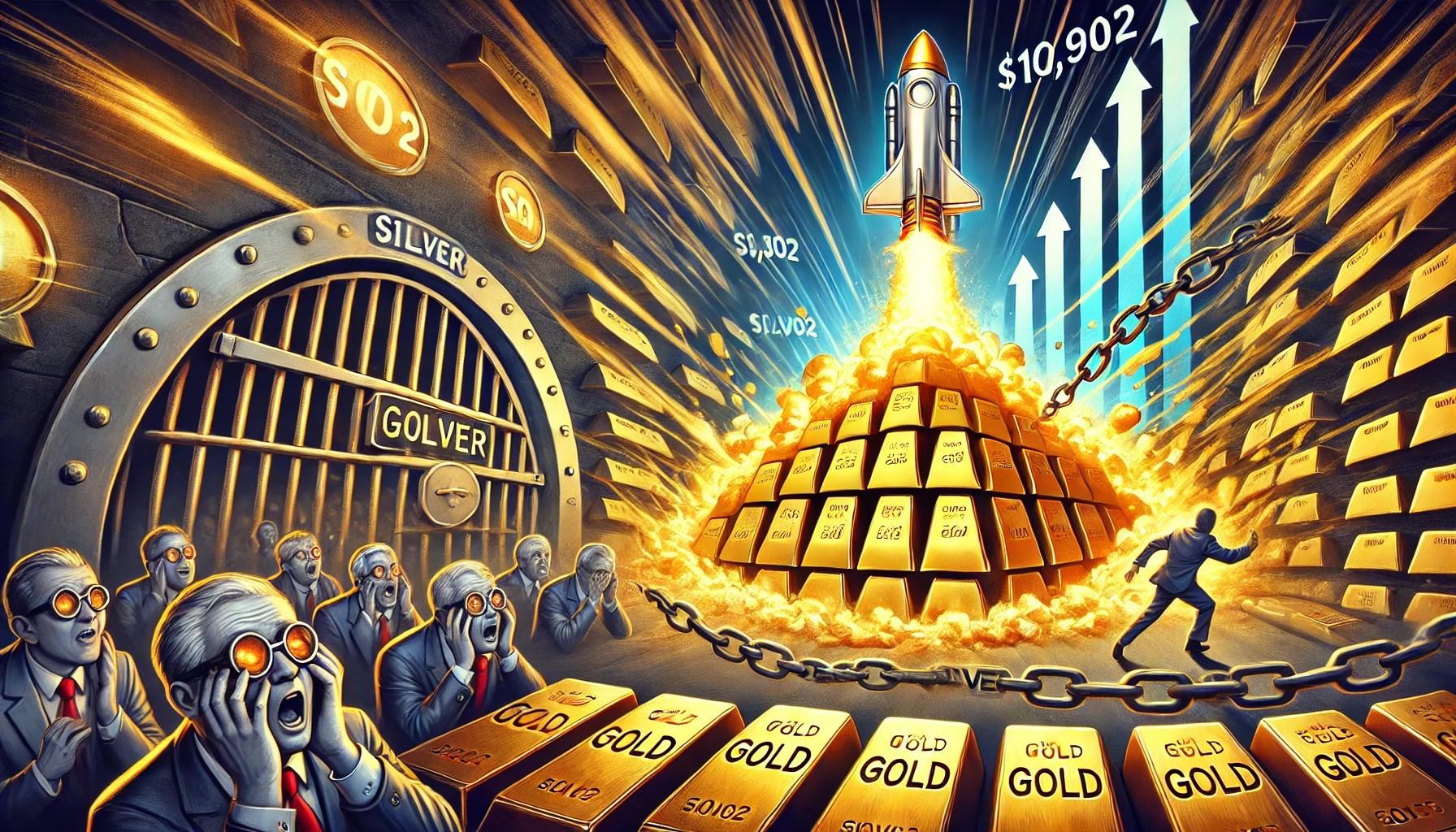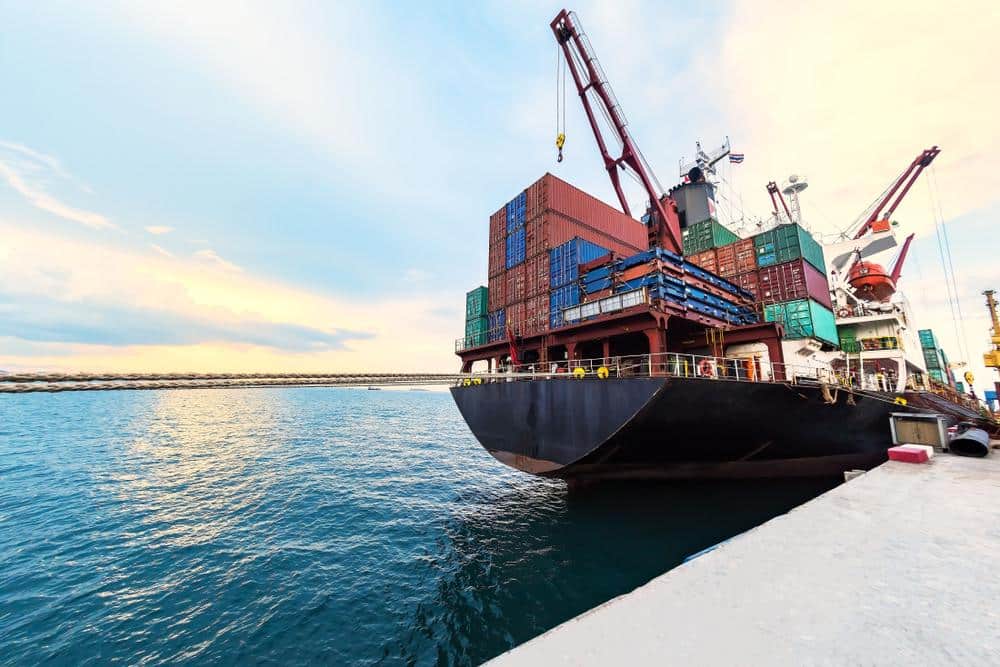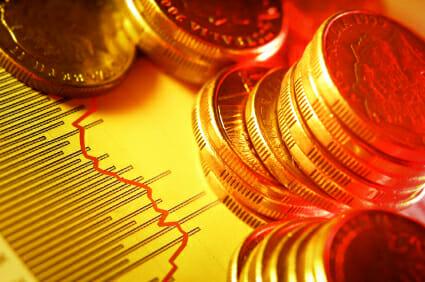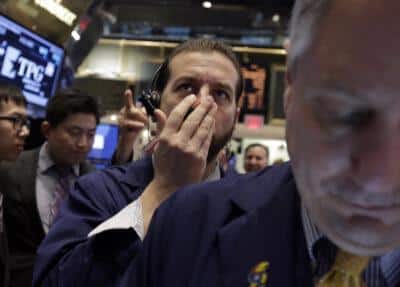
The easy money policies of central banks like the Federal Reserve are not sustainable and not addressing the financial crisis affecting the world – and increasing the chances for another US economic meltdown. That’s the official opinion of the Bank for International Settlements (BIS), an organization of central banks.
The Fed has not addressed the problems that led to the financial meltdown of 2008 and could be setting the stage for a meltdown with its low interest rates, the BIS has concluded in a new report.
The Fed policy is overheating the economy, BIS says. Federal Reserve Chairwoman Janet Yellen responded to that by vowing to continue the policies the BIS believes will fail.
“I do not presently see a need for monetary policy to deviate from a primary focus on attaining price stability and maximum employment, in order to address financial stability concerns,” Yellen said in a speech to the International Monetary Fund.
Global Economy Teetering
Yellen’s remarks are bothersome, her critics say, because the BIS 84th Annual Report for 2013/2014 says the global economy is on very shaky ground. The report also indicates that BIS experts believe the Fed and other central banks could be making the situation worse with their policies.
For Those Who Desperately Want Out Of The Rat-Race But Need A Steady Stream Of Income
Some highlights of the report include:
- Financial markets appear to be in a bubble and any change in monetary policy could deflate that bubble. “Financial markets have been acutely sensitive to monetary policy, both actual and anticipated,” the BIS noted.
- Debt is increasing while productivity is falling around the world. The BIS noted that the present economic growth seems to be based on debt. “Debt, both private and public, continues to rise while productivity growth has extended further its long-term downward trend,” the report stated.
- Policies like those implemented by Yellen promote a boom-and-bust cycle that will lead to more financial crises. “They need to address head-on the structural deficiencies and resource misallocations masked by strong financial booms and revealed only in the subsequent busts,” the BIS said of central bankers.
- The present cycle of economic growth is unsustainable because it is built on debt. The global economy is simply producing enough new income to pay all the debt that is being accumulated. “The only source of lasting prosperity is a stronger supply side. It is essential to move away from debt as the main engine of growth.”
Even though Yellen has vowed to continue the low interest rates which make it easy for the US government to issue vast amounts of debt, she, too, admits that her policy might not be working. She said there may be little the fed can do to prevent a new crisis.
Is the Fed Making the Economy Stable or Unstable?
“Monetary policy faces significant limitations as a tool to promote financial stability,” Yellen said. “Its effects on financial vulnerabilities … are not well-understood and are less direct than a regulatory or supervisory approach; in addition, efforts to promote financial stability through adjustments in interest rates would increase the volatility of inflation and employment.”
Yellen believes that any move away from her current policy would lead to a new economic crisis or perhaps a stock market collapse.
The policies, though, could be making the economy less stable by encouraging people to take on more debt and take unnecessary risks, Bill Gross, the founder of PIMCO (the world’s largest bond fund) told The Washington Times. Gross contends Fed policy is putting some retirement money at risk because fund managers are going deeply into debt to buy up large amounts of bonds in an attempt to pump up investors’ yields.
That situation could lead to a massive sell-off and a collapse in the bond market if the Fed starts raising income rates, Gross warned. He believes the credit market could collapse as well, leading to a credit crunch and a situation similar to that in 2008. The collapse of the credit market was one of the main causes of the financial meltdown in 2008. Gross believes junk bonds and many stocks would collapse if interest rates were raised.
Do you believe another economic crash is inevitable? Tell us in the comments section below.
Sign up for Off The Grid News’ weekly email and stay informed about the issues important to you


